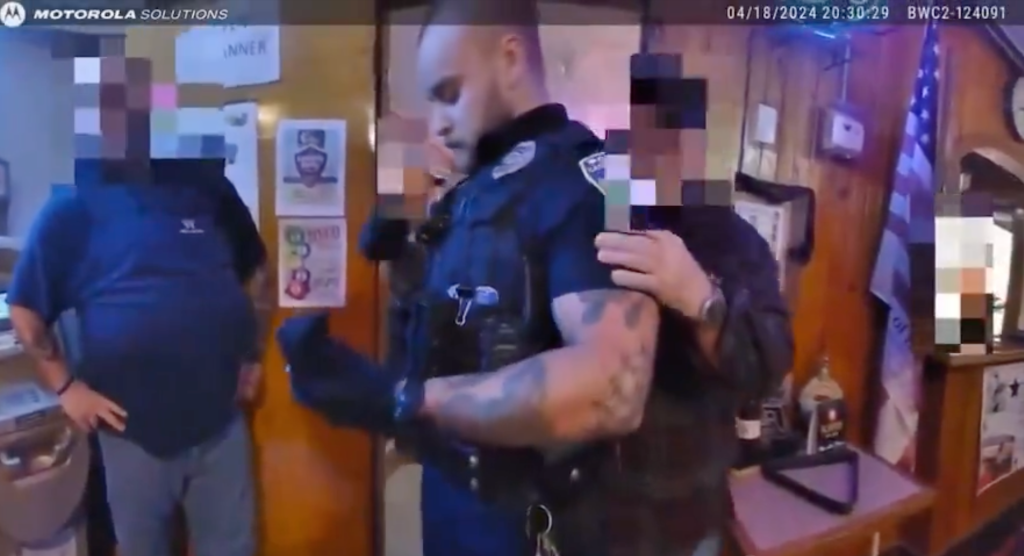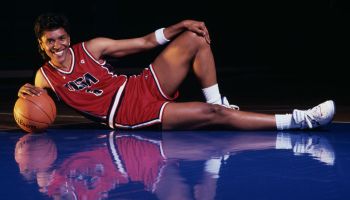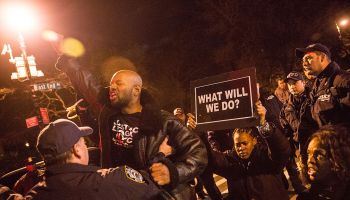Effective teaching sometimes requires nontraditional methods to connect with students. Rap is one of those methods.
Atlanta Public Schools Superintendent Meria Carstarphen said students today connect with rap and the hip-hop style. That’s why some schools in her district are teaming up with the education technology company Flocabulary.
She especially praises the company’s history rap battles, called Hip-Hop History, a writing contest in which students create rap songs about historical figures.
The Brooklyn, New York-based edtech company, which launched in 2003 selling rap CDs with vocabulary words in the lyrics from the trunk of a car, now offers more than 800 educational rap videos spanning all academic subjects, along with quizzes and other curricular material.
“Flocabulary is never going to replace textbooks,” co-founder and CEO Alex Rappaport told NewsOne. “It’s more of a sweetener. I see Flocabulary as that critical piece of the education jigsaw puzzle for student engagement, content delivery, platform creation.”
Rappaport and co-founder and Blake Harrison were starving artists when they met in California, waiting tables together. In 2003, Harrison was a recent graduate of the University of Pennsylvania with dreams of writing a great novel. Rappaport, who graduated a year earlier from Tufts University, wanted to write music for films.
Harrison had the idea of putting SAT words to rap songs. Neither of them had any business experience or startup capital, but that didn’t stop them from launching Flocabulary.
“Our original mission was to make learning more fun,” said Rappaport. “We saw a crisis of student engagement.”
Teaching is one of the most challenging professions, he stated. Teachers can’t always engage every student on an individual level, he stated. The duo’s motivation as artists was to help teachers create engaging curriculum that uses cultural elements.
Rappaport recalled performing at middle schools and high schools in the company’s early years. Students were typically doubtful when they heard that the rap team was coming to perform songs with SAT words embedded in the lyrics.
“But a few minutes into it, they’d be like, ‘yeah!’” he recalled. “The words were sticking in their head and they were engaged.”
Rappaport explained that music is a powerful memory and recall tool. We learn through songs and nursery rhymes as toddlers, but that methods of learning stops when we enter the classroom.
Harrison and Rappaport had a watershed moment in 2005 while visiting a special education class in Brooklyn. The students, who had learning disabilities, had been working with Flocabulary songs for a week when the two visited for a workshop.
“The first thing we noticed was that the students all knew the words,” Rappaport recalled. “And then, a tenth-grader came up to me and said, ‘Mister Alex, I used to study words in a perfunctory manner, now I love words.’”
The student not only recalled the word “perfunctory,” he also understood its meaning, Rappaport said, reliving the excitement.
In 2009, the company tested the effectiveness of its Word-Up vocabulary program, which contains words that are most likely to appear on state reading tests. The test included more than 1,200 students in six states.
The results of the independent study, conducted by the Educational Research Institute of America, showed that the middle school students who used the program for seven months had higher test scores than the group that did not use Flocabulary.
Today, the company has dozens of employees and hires professional rappers to write and perform the lyrics. The team is always looking for ways to reach more students and expand its offerings. Much of the focus now is on student-centered learning, in part through its lyric lab, and engaging students in current events.
SEE ALSO:
Artificial Intelligence Enters The Classroom
Nation’s Largest School District Discusses Integrating Technology At EdTech Week

























